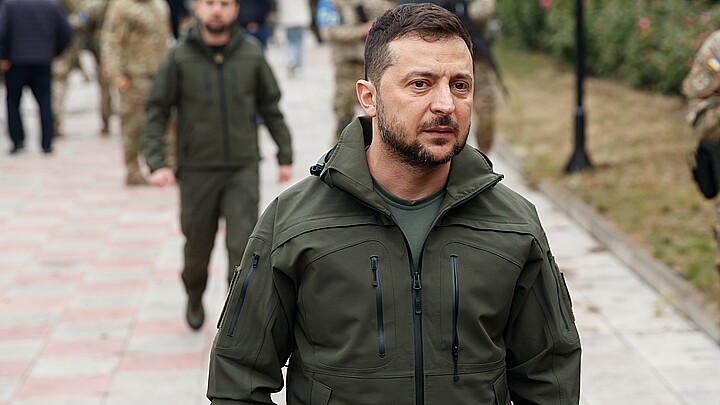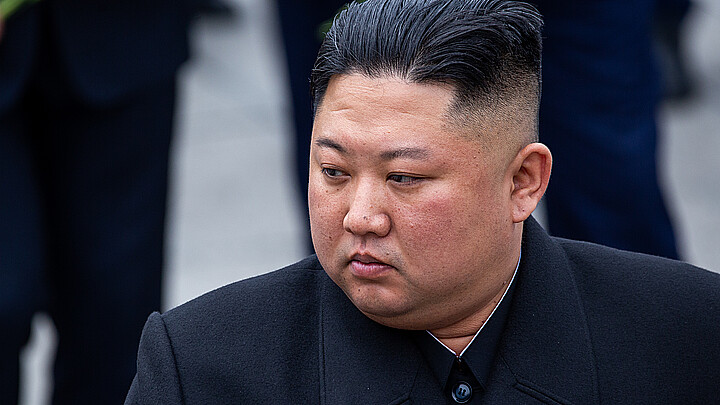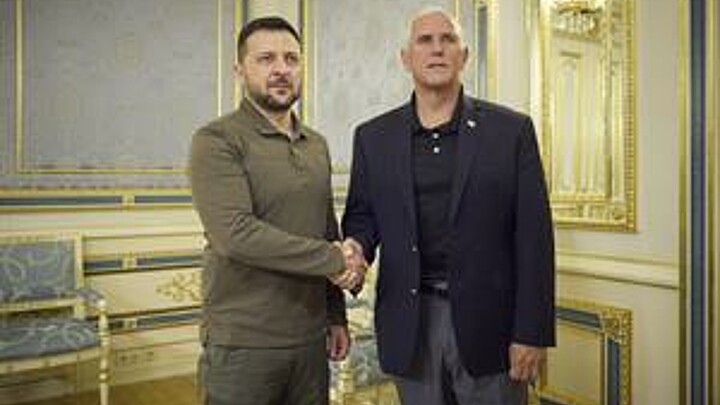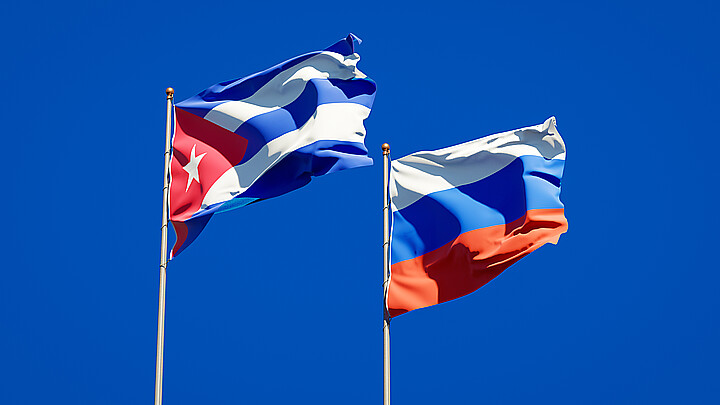Politics
Russia reaffirms right to use nuclear weapons if threatened
Ultimately the decision to use Russia’s expansive nuclear arsenal falls on President Vladimir Putin
May 10, 2022 9:43am
Updated: May 10, 2022 6:06pm
Although Russian President Vladimir Putin failed to deliver a “Doomsday” message to the West during Monday’s Victory Day celebration, Russia’s deputy foreign minister affirmed on Tuesday that protocols for the possible use of nuclear weapons are clearly established in the Kremlin’s military doctrine.
"We have a military doctrine - everything is written there," Alexander Grushko was reported saying by RIA.
May 9 in Russia is a national holiday that marks the anniversary of the Soviet Union’s victory over Nazi Germany during World War II.
In the weeks leading up to Putin’s speech, Western leaders openly speculated that the Russian leader could either declare a victory in Ukraine or formally escalate hostilities in order to justify a national mobilization.
On Monday, however, he did neither – instead repeating assertions that Russia is in a battle against Nazis, Reuters reported.
"You are fighting for the Motherland, for its future, so that no one forgets the lessons of World War Two. So that there is no place in the world for executioners, castigators and Nazis," Putin said from the tribune outside the Kremlin walls.
Nevertheless, Putin has threatened to use nuclear weapons since he first launched his “special military operation” on Sept. 24.
Just three days after launching the invasion, Putin shocked the world by announcing he had ordered Russian nuclear forces on high alert or “special combat readiness” or “special regime of combat duty.”
“Western countries aren’t only taking unfriendly actions against our country in the economic sphere but top officials from leading NATO members made aggressive statements regarding our country,” he said in a televised address.
Similarly, the Kremlin last month warned Western leaders that Russia would deploy nuclear weapons and hypersonic missiles to the heart of Europe if Sweden or Finland join NATO.
Russia’s Security Council Deputy Chairman Dmitry Medvedev took to Telegram to warn U.S. and European leaders that, “there can be no more talk of any nuclear-free status for the Baltic - the balance must be restored,” CNBC reported.
Medvedev also noted that Russia would be forced to strengthen its land, naval and air forces should any additions be made to the Western military bloc, adding that Europeans would have to get used to living with nuclear weapons close to home.
Currently, Russia’s military deployment principles permit the use of nuclear weapons if weapons of mass destruction are used against Russia or if the state faces an existential threat from its enemies.
Ultimately, however, the decision to use Russia’s expansive nuclear arsenal falls on President Vladimir Putin.
U.S. Central Intelligence Agency Director William Burns warned on Saturday that the West should not ignore the use of tactical nuclear weapons by the Kremlin, especially as Putin’s position becomes increasingly weakened by Ukraine’s Western-backed armed forces.
"We don't see, as an intelligence community, practical evidence at this point of Russian planning for a deployment or even use of tactical nuclear weapons," Burns said.
“The stakes are very high for Putin's Russia,” he added.
In June, Putin signed a decree stating that Russia views its nuclear weapons as “exclusively a means of deterrence.” Although the decree repeats the phraseology of the established military doctrine, it also adds four circumstances under which a nuclear strike could be ordered, including the acquisition of reliable information of a ballistic missile attack on Russia and an enemy's attack "on critical state or military installations of the Russian Federation, the incapacitation of which would lead to the disruption of a response by nuclear forces."










